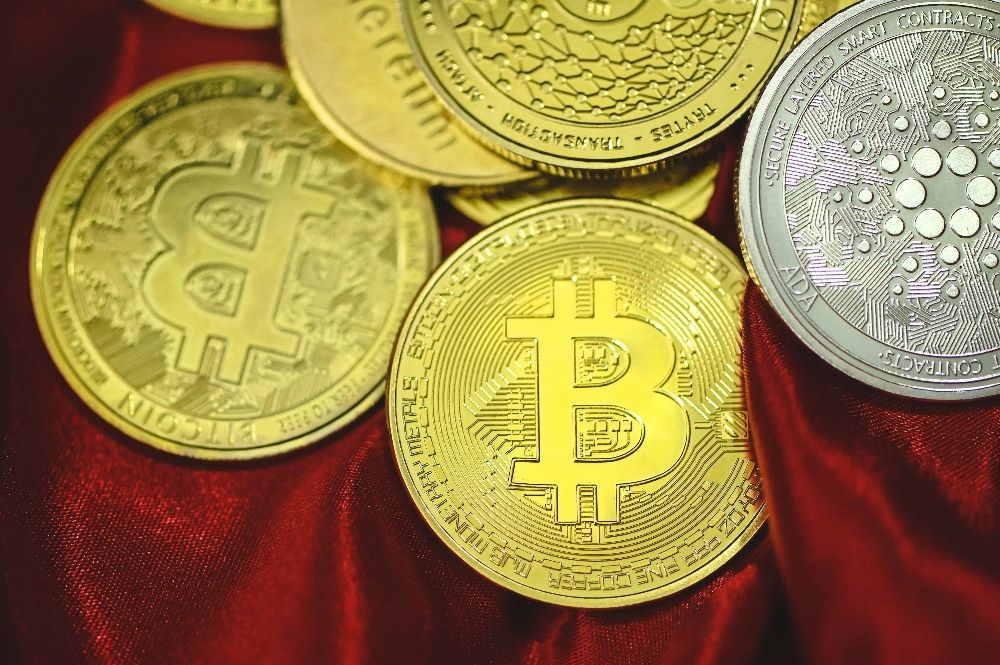El Salvador, the pioneering country that introduced Bitcoin legal tender, is proposing major changes to its Bitcoin legislation.
This perspective shift occurs as the government seeks a pivotal agreement with the International Monetary Fund (IMF) for a $1.3 billion loan.
The revisions would allow El Salvador to address the IMF’s ongoing worries about the financial ramifications of its cryptocurrency effort, which was started in September 2021.
The context for El Salvador’s Bitcoin Journey
El Salvador made headlines in 2021 when it adopted Bitcoin as a legal currency, a historic step aimed at increasing financial inclusion and stimulating economic growth.
President Nayib Bukele has positioned the country as a model for cryptocurrency adoption, gaining worldwide interest and investment.
However, this ambitious initiative has not been without controversy and problems.
Critics have highlighted Bitcoin’s volatility and potential economic concerns, especially in a country already plagued by high poverty and weak financial infrastructure.
Loan Proposal and its Implications
According to reports by Cointelegraph, El Salvador is close to negotiating a $1.3 billion loan deal with the IMF, with conversations ongoing since October.
Also, according to the Financial Times, if the agreement is ratified, it will need considerable changes to current Bitcoin laws.
One of the most significant changes would be the removal of the statutory obligation for businesses to accept Bitcoin as payment.
Instead, the cryptocurrency would shift to a voluntary payment option, relieving some of the immediate economic strains on local firms.
By implementing this approach, the Salvadoran government wants to secure an additional $2 billion in funding from foreign financial organizations, particularly the World Bank and the Inter-American Development Bank.
These funds could provide critical help to the country’s economy, which has been hampered by factors such as the Covid-19 pandemic and subsequent economic slowdowns.
IMF’s Concerns
The IMF has continually expressed reservations about El Salvador’s Bitcoin proposal, expressing concerns about financial stability and the possible hazards of incorporating a highly volatile digital asset into the national economy.
The organization’s perspective emphasizes the delicate balance that states must strike when contemplating alternative currencies within established financial systems.
The IMF has previously warned that Bitcoin price volatility may expose the government to serious financial risks.
This stance reflects the global community’s concern regarding the viability of cryptocurrencies as a stabilization tool in emerging markets.
Possible outcomes: financial stability and international support
As negotiations with the IMF advance, changes to the Bitcoin law may stabilize El Salvador’s economy while also improving relations with international financial partners.
The reworking of its Bitcoin strategy may represent a strategic shift from aggressive cryptocurrency adoption to a more careful and sustainable approach.
This would allow El Salvador to align its economic goals with global expectations while also capitalizing on the potential benefits of blockchain technology and cryptocurrencies.
The financing agreement is scheduled to be finalized within the next several weeks, which creates a sense of urgency for both the Salvadoran administration and citizens.
The conclusion of these negotiations will most certainly have an impact not just on the country’s current economic health, but also on its long-term financial stability and credibility with international investors.
Is El Salvador at a crossroads?
El Salvador’s changing approach to Bitcoin and international financing marks an important milestone in the country’s economic development.
The country is at a crossroads as it strives to receive an important IMF loan while also addressing local and global worries over cryptocurrency.
The decisions taken in the next weeks may shape its financial future and impact how other governments view cryptocurrency’s role in their economies.
El Salvador’s capacity to handle the intricate interplay of innovation and stability will determine whether or not it emerges victorious from this watershed moment.
The post El Salvador considers Bitcoin law changes to secure $1.3 billion IMF loan appeared first on Invezz

